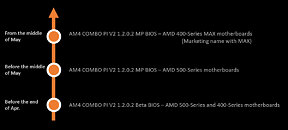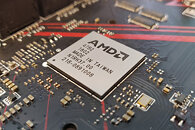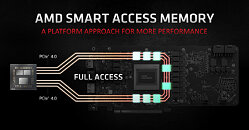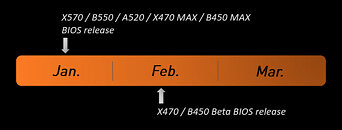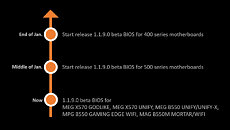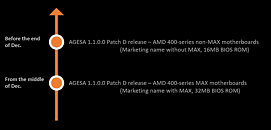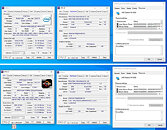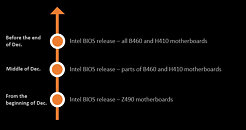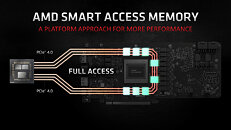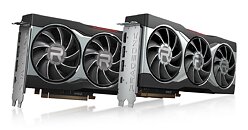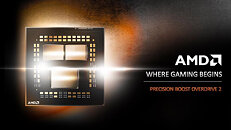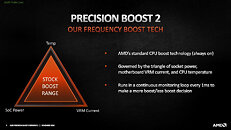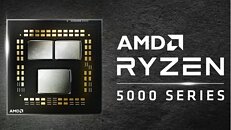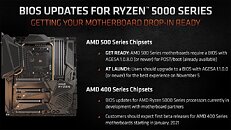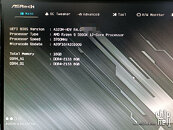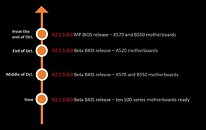
MSI Launches AMD X670-series Chipset Motherboards
MSI announced the brand new Socket AM5 motherboards which includes MEG X670E GODLIKE, MEG X670E ACE, MPG X670E CARBON WIFI and PRO X670-P WIFI to the brand-new AMD X670 Motherboard product lineup. MSI's X670 motherboards and AMD Ryzen 7000 Series processors are here for a new generation of high-speed and efficient computing. As a world-leading motherboard brand MSI's X670 motherboards are designed to provide the best every performance for gamers, creators and users. With the latest AMD Ryzen 7000 Series processors, MSI is ready to push this platform by provided the best performance available for everyone. In use of the 5 nm architecture and an all-new DDR5 platform, AMD Ryzen 7950X processors will have a ~13% IPC uplift with a boost frequency of up to 5.70 GHz and an average 29% Single Thread Performance gain compared to last generation,. Let's take a look at some of the new features from MSI X670 Motherboards.
"MSI's new lineup of X670 motherboards are purposefully designed to give users a new generation of high-speed, efficient computing with AMD Ryzen 7000 Series Desktop processors," said David McAfee, Corporate Vice President and General Manager, Client Channel Business Unit, AMD. "Optimized for performance-enhancing features like AMD EXPO and Precision Boost Overdrive, together AMD and MSI are pushing the boundaries of performant computing."
"MSI's new lineup of X670 motherboards are purposefully designed to give users a new generation of high-speed, efficient computing with AMD Ryzen 7000 Series Desktop processors," said David McAfee, Corporate Vice President and General Manager, Client Channel Business Unit, AMD. "Optimized for performance-enhancing features like AMD EXPO and Precision Boost Overdrive, together AMD and MSI are pushing the boundaries of performant computing."


























